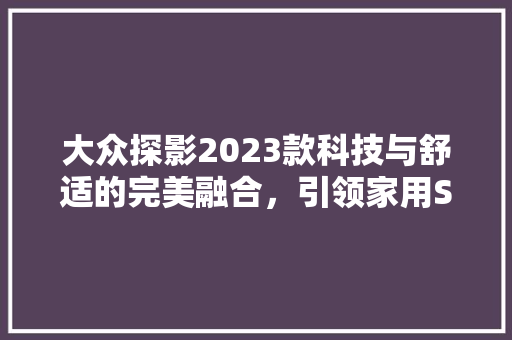The IT industry has witnessed a remarkable transformation over the past few decades, and one of the most significant aspects of this evolution is the expansion and adaptation of English vocabulary. As a global lingua franca, English has played a crucial role in facilitating communication and collaboration among professionals in this rapidly growing sector. This article aims to explore the evolution and impact of English vocabulary in the IT industry, highlighting key terms and their significance.
1. The Emergence of IT-Specific Vocabulary

The IT industry has introduced numerous terms and phrases that are unique to this field. These terms have evolved over time, reflecting the industry's continuous advancements. Some of the earliest IT-specific vocabulary includes:
- Hardware: Referring to physical components of a computer system, such as the CPU, memory, and storage devices.
- Software: Describing the programs and applications that run on a computer system.
- Programming: The process of creating instructions for a computer to perform specific tasks.
- Cybersecurity: The practice of protecting systems, networks, and data from digital attacks.
As the industry has matured, new terms have emerged to address emerging technologies and challenges, such as:
- Cloud computing: The delivery of computing services over the internet, allowing users to access resources and applications remotely.
- Artificial intelligence (AI): The simulation of human intelligence in machines, enabling them to perform tasks that typically require human intelligence.
- Blockchain: A decentralized digital ledger that records transactions across multiple computers, ensuring security and transparency.
2. The Global Impact of IT Vocabulary
The widespread adoption of English as the primary language in the IT industry has had a profound impact on global communication. IT professionals from various countries use English to collaborate, share knowledge, and solve complex problems. This has led to the following outcomes:
- Increased global connectivity: English has facilitated cross-border partnerships and collaboration, allowing companies to tap into a global talent pool.
- Standardization of terminology: The use of a common language has helped establish standardized terms and definitions, reducing ambiguity and misunderstandings.
- Enhanced career opportunities: Proficiency in English, especially IT vocabulary, has become a valuable skill for professionals seeking international employment and career growth.
3. The Role of IT Vocabulary in Education and Training
The evolution of IT vocabulary has also influenced education and training in the field. As the industry continues to evolve, educational institutions are adapting their curricula to incorporate new terms and concepts. Some key aspects include:
- Curriculum development: IT programs are constantly updating their curricula to include the latest vocabulary and technologies.
- Professional certifications: Many certifications require candidates to demonstrate their knowledge of IT vocabulary and concepts.
- Online resources: The abundance of online resources, such as tutorials, forums, and e-books, has made it easier for individuals to learn and master IT vocabulary.
4. The Challenges of IT Vocabulary
Despite the benefits of IT vocabulary, there are challenges associated with its evolution and use. Some of these challenges include:
- Language barriers: While English is widely used in the IT industry, there are still regions where language barriers hinder communication and collaboration.
- Rapid changes: The fast-paced nature of the IT industry often leads to the rapid emergence of new terms, making it difficult for professionals to keep up with the latest vocabulary.
- Cultural differences: The use of certain IT terms may vary across cultures, leading to misunderstandings and miscommunication.
In conclusion, the evolution and impact of English vocabulary in the IT industry have been significant. As the industry continues to grow and evolve, the importance of IT vocabulary will only increase. By understanding and embracing this vocabulary, professionals can enhance their communication, collaboration, and career prospects in the global IT landscape.
















